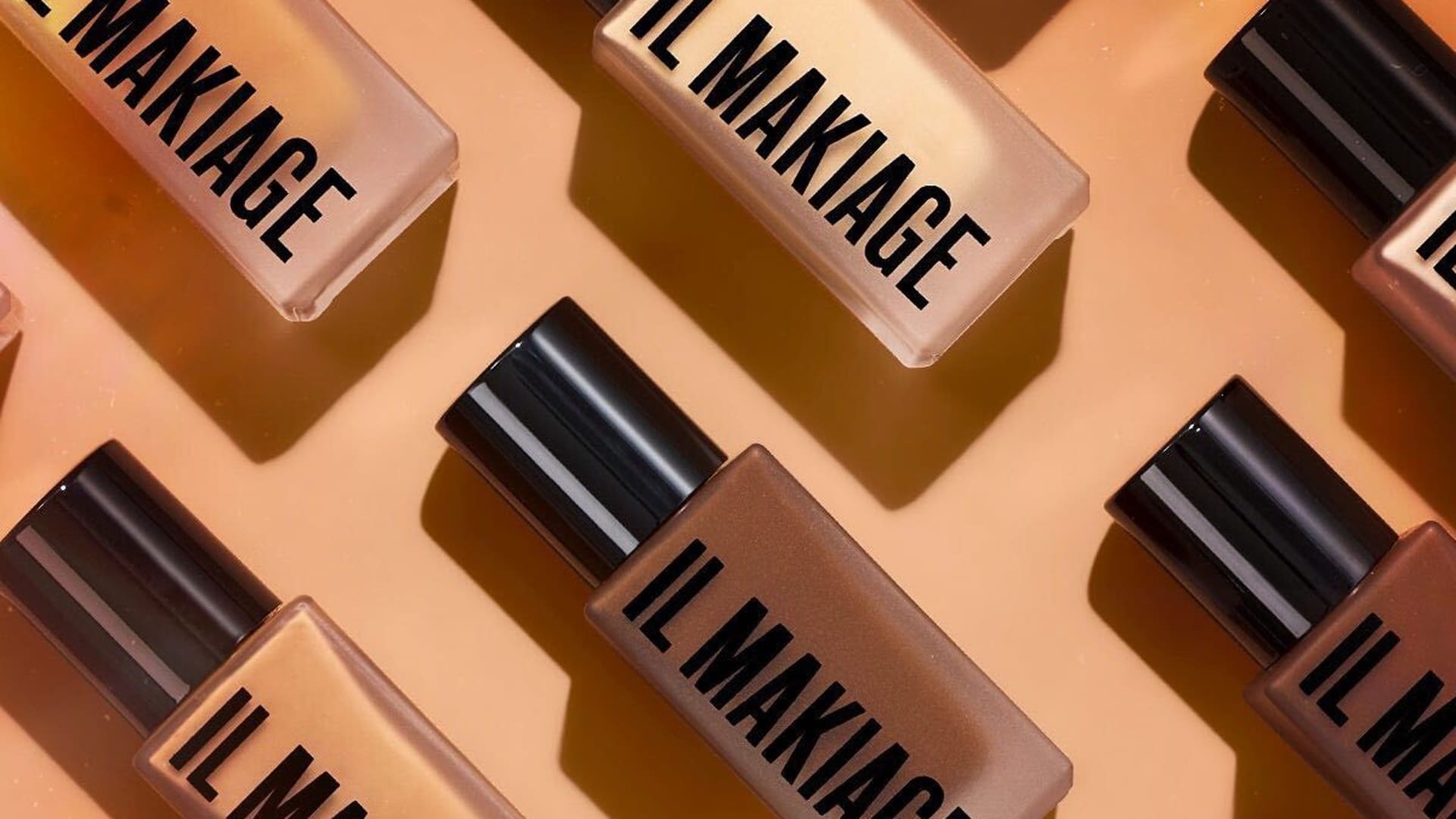A short seller claimed Tuesday that the beauty and wellness company Oddity Tech has misled investors and is not the online-only retailer it claims to be.
The company Ningi Research has released a 50-page report detailing a number of allegations against the newly public retailer, including that it operates a fleet of stores in Israel and uses fraudulent billing practices. Ningi has a short position in Oddity, but has not disclosed the size of this position.
“ODDITY fundamentally rejects the short seller report. The allegations contained in the NINGI Research report are based on proven factual inaccuracies, false assumptions and unfounded and malicious speculation,” a company spokesperson wrote in an email to CNBC.
Shares of Oddity fell about 9% on Tuesday.
Oddity Tech, the parent company of makeup brand Il Makiage and skincare brand Spoiled Child, sold investors on the premise that the company is upending the legacy beauty industry by changing the way people do makeup online buy. The company describes itself as a digital-only retailer that sells directly to consumers and says it has achieved outsized profits and growth that similar companies have struggled to match.
Ningi Research claimed that Oddity is not a purely digital company and that its Il Makiage brand has more than 40 stores in Israel, where the company is based. Ningi further claims that the majority of Oddity’s profits come from the region – not the US
Ningi Research also said it visited Il Makiage stores in Israel and purchased two of the company’s best-selling products at different locations. The company said the stores are not part of a franchise but are company-owned.
Oddity said in a statement that the Israeli brick-and-mortar business, which includes a total of 43 retail stores and six beauty schools, represents an “insignificant” part of the business – accounting for less than 5% of the company’s net sales, according to the spokesman.
“All of ODDITY’s sales outside Israel come exclusively from online sales,” the spokesperson said.
The short seller also claimed that the “secret” to Oddity’s digital growth lay in subscriptions, which Ningi claimed could be difficult for consumers to opt out of or cancel.
“The seller side touts ODDITY’s ‘impressively high’ repeat purchase rates of 100 percent, but we’re not buying that. Our research suggests that customers unknowingly sign up for non-cancelable plans, allowing ODDITY to detect repeat purchases even in subsequent quarters even though customers don’t want the product,” the report said.
The report also includes a number of complaints from the Better Business Bureau and social media from customers who say they were unfairly charged.
Oddity said in its statement through the spokesperson that the company “stands firmly behind” both its use of technology and its customer experience.
“ODDITY will continue to address incidents of dissatisfaction and keep its customers satisfied and loyal,” the spokesperson said in the statement.
In October, an analyst asked the company about customer complaints and asked whether the problem was occurring on a “large scale.” In response, CEO Oran Holtzman said it was “important to understand the magnitude of the claim, and we’re talking about a fraction of a percent.”
“Any online business that operates anywhere near our revenue is going to experience this, as if there is always going to be a certain percentage that is dissatisfied,” Holtzman said. He said that a “small portion” of his customers could easily become confused about pre-authorizations placed on their cards related to Oddity’s “Try Before You Buy” option, which allows a customer to make a make- try up articles.
“I don’t think it makes sense to remove this huge customer benefit because a very small portion of users who didn’t fully educate themselves liked how it worked and were confused,” Holtzman said. “We will continue to work hard to train these users and we have invested heavily in the relevant technology.”
Oddity previously told CNBC that more than half of its business comes from repeat customers.
Source link
2024-05-21 20:04:33
www.cnbc.com
















